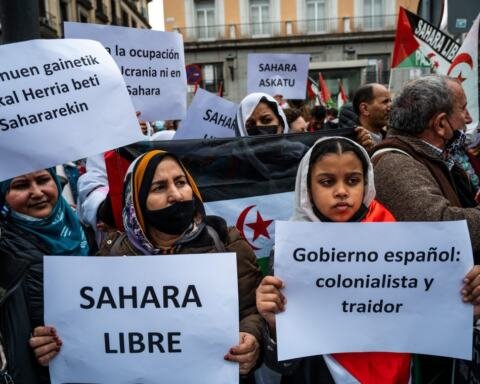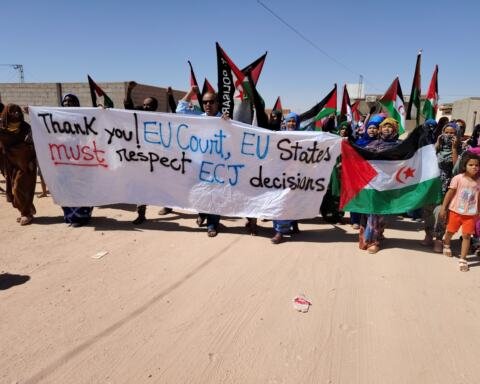The illegality of facilitating the exploitation of natural resources by an occupying power in nonself-governing territories is well-established in international law, yet – as in such cases as Namibia and East Timor – the legal principles are often overlooked by foreign corporations and their governments. The resource-rich territory of Western Sahara, under Moroccan occupation since 1975, is no exception, as European, North American, and Australian companies have sought to take advantage of lucrative fishing grounds or mineral deposits.
While some have tried to claim that such resource extraction is legal since Morocco reinvests the money it receives into the territory through ambitious development programs, the benefits of such ‘development’ have largely gone to Moroccan settlers and occupation authorities, not the indigenous population. As with Namibia and East Timor, it may fall to global civil society topressure such companies, through boycotts and divestment campaigns, to en their illegal exploitation of Western Sahara’s natural resources.
Full article
Western-Sahara-resources-and-international-accountability-1Source: Taylor & Francis Online
Support our work
Support our work
Support our work with a one-off or monthly donation
AuthorStephen ZunesYear2015Pages17LanguageEnglish
Share via
Related resources
The Western Sahara Dispute: A Cautionary Tale for Peacebuilders
The UN and MINURSO have succeeded neither inconducting a referendum nor in…
Western Sahara as a Hybrid of a Parastate and a State-in-Exile: (Extra)territoriality and the Small Print of Sovereignty in a Context of Frozen Conflict
Within the liminal universe of parastates, what makes Western Sahara/SADR…
The Front Polisario Verdict and the Gap Between the EU’s Trade Treatment of Western Sahara and Its Treatment of the Occupied Palestinian Territories
Morocco’s control over Western Sahara and Israel’s control of the West Bank…



